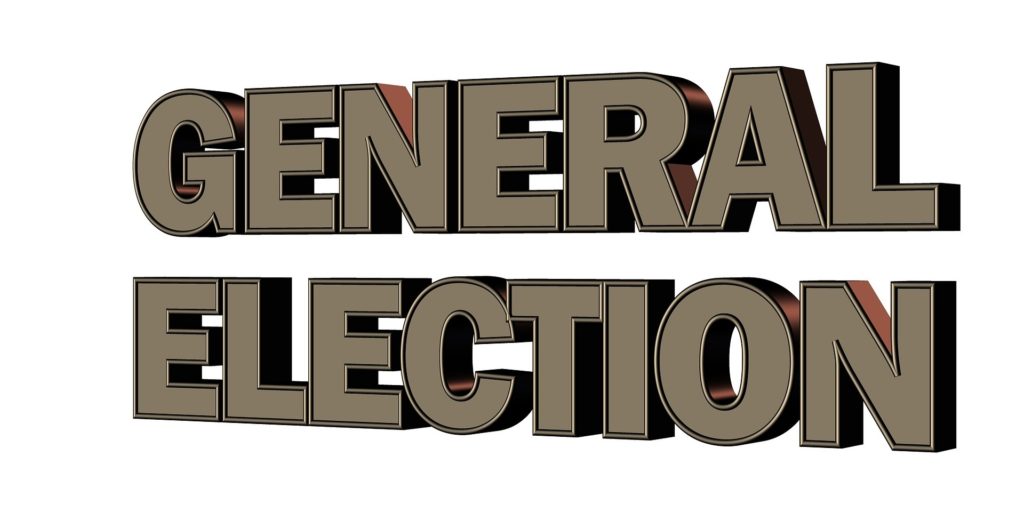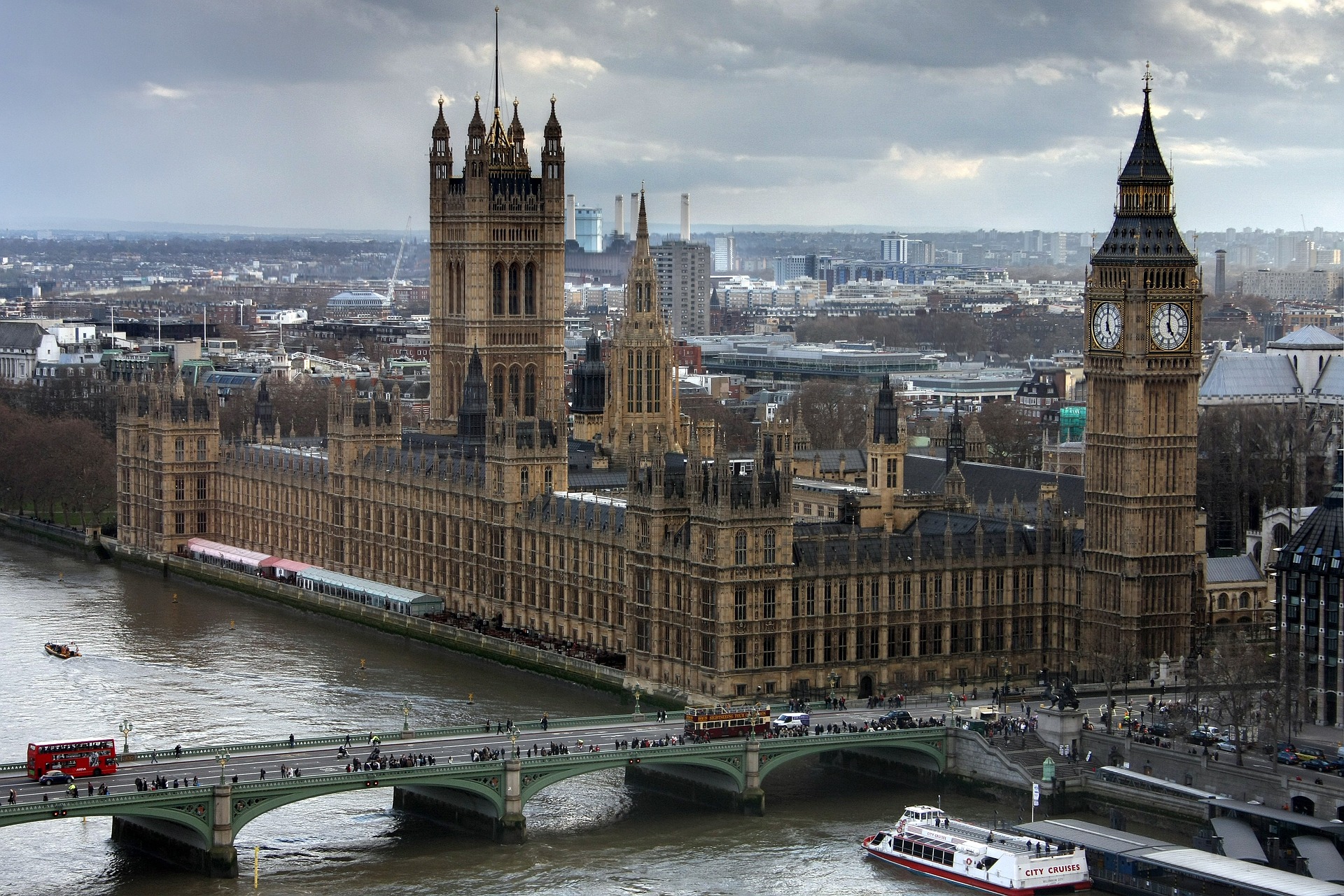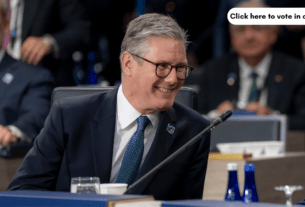Six months ago I wrote an article explaining that Brexit had to be implemented. If it was not, we would be handing the keys to the far-left mob of Jeremy Corbyn.
The Conservative vote was indeed split by the emergent Brexit Party as predicted but Nigel Farage also appealed to the traditional Labour voters (non-elite, working class voters outside of London). One could not have predicted just how much worse the Labour Party would become. In 6 months they have abandoned nearly all of their Northern voter base.
With the instalment of Boris Johnson as the new Prime Minister there has been a ‘buzz’ amongst those who want to see Labour hypocrisy exposed, experience a true free-market and, most of all, want to see Brexit delivered. But while the majority of people would be happy to see Boris’ Brexit plan pass (deal or no-deal) by October 31stour Remainer parliament will try their hardest to block it.
Boris wishes to scrap the backstop but the EU have been firm in their refusal to abandon it. The Prime Minister will never bring back a deal that maintains this or that keeps us in the Single Market/Customs Union.
No matter, Boris pursues No-Deal as the official position. But a No-Confidence vote will be called and the Remainer rebels in his party would vote againsthim. Iain Duncan Smith has pointed out, however, that even if the government is brought down it does notchange our legal default position. Technically, the government does not have to do anything for No-Deal to pass.
However, in a No-Confidence scenario Corbyn could attempt to form a minority government with the Liberal-Democrats, SNP, Greens, and independents along with support from Tory rebels. Interestingly, John McDonnell has said that the Opposition would not table such a vote until “something that’s undeliverable or unacceptable around Brexit” is brought back. There would be a two-week window for a minority government to form in such a case which, if not achieved by October 31st, means we leave with No-Deal anyway.
Could Boris take negotiations (that are, it appears, destined to fail) right up to October 30thbefore he comes back to Parliament with No-Deal as the only option? Such tactfulness may be exposed well before-hand.
Therefore, it appears an election is the only way to overcome this impasse. It is incredibly high-risk but it could result in high rewards.
Election before Brexit
There is no doubt that Boris’ first speech as Prime Minister was a manifesto. Its content was enough to excite any Conservative voter. Would it be enough to regain votes from the Brexit Party should an election be called before October 31st? It is possible that it could.
In his first speech in Parliament yesterday he brought a gusto that was energising and left Labour with their tails between their legs. The Brexit Party, although I personally would vote for them should Brexit be betrayed again, remain a single issue party. If Boris continues to pursue leaving without a deal (if necessary) he would bring back those who abandoned the Tories during May’s tenure.

He will have on top of this a wide range of policies that would make the Conservatives far more electable. Boris would also attract, I believe, many working class Leave voters. They have come to realise that Labour has abandoned them in favour of the middle-class London base. There is always the risk though that Brexit Party voters may not trust the Tories, and why should they given May’s disastrous reign. This is where a radical approach may be advisable. There has been much debate about a Tory-Brexit Party pact, positive and negative.
While a formal coalition is unlikely Boris could get away with an informal electoral pact whereby a pro-Brexit candidate runs. That could depose Tory MPs intent on blocking Brexit and give Leave voters reassurance that it will not just be the Tories representing them.
The Liberal Democrats on the other-hand would gain Remainer Tories and probably Blairite Labour voters. But there is no doubt that an overwhelming majority of this country want Brexit to happen. One needn’t have to explain why this is (the referendum, 2017 election).
So, while there is high risk, it could work. Due to the 2011 Fixed-Term Parliament Act the earliest an election could happen is the week before October 31st. With that in mind, Leave voters would be inclined to vote for the party, or parties, that would make sure their will is delivered a week later.
Election after Brexit
Having an election after Brexit is definitely less risky but not risk-free. Should Brexit be implemented then Boris will be crowned a Tory hero. He would likely obtain overwhelming national support as the Prime Minister that delivered the democratic will of the country and got us out of the worst constitutional crisis on record. He would have a reputation close to the likes of Churchill. It would be a no-brainer to run an election after October 31st.
The Brexit Party would have to concede that they no longer have a purpose and a lot of their support base would switch back to the Tories, bringing many ex-Labour voters with them too. A majority in the Commons would then allow the government to pass their exciting Conservative policies. The risk, of course, is that if Brexit is not delivered in a way that respects the will to leave the Single Market/Customs Union then the Tories are finished. The Brexit Party will wipe them out and we would remain in the same deadlock with only more division.
It is 50/50 on what scenario unfolds. What is certain is that an election beckons. I have every hope that Boris delivers. When he vowed on the steps of Downing Street that Brexit was “do or die”, nothing could have been further from the truth.
____________________________________________________________________________
Connor Stobo holds a First Class degree in International Relations. His interests fall within International Security, Foreign policy – and UK politics. He has written articles on nuclear diplomacy, Russian foreign policy and United Nations Peacekeeping. He is also an incoming Strategic Communications Consultant at FTI consulting.




